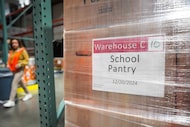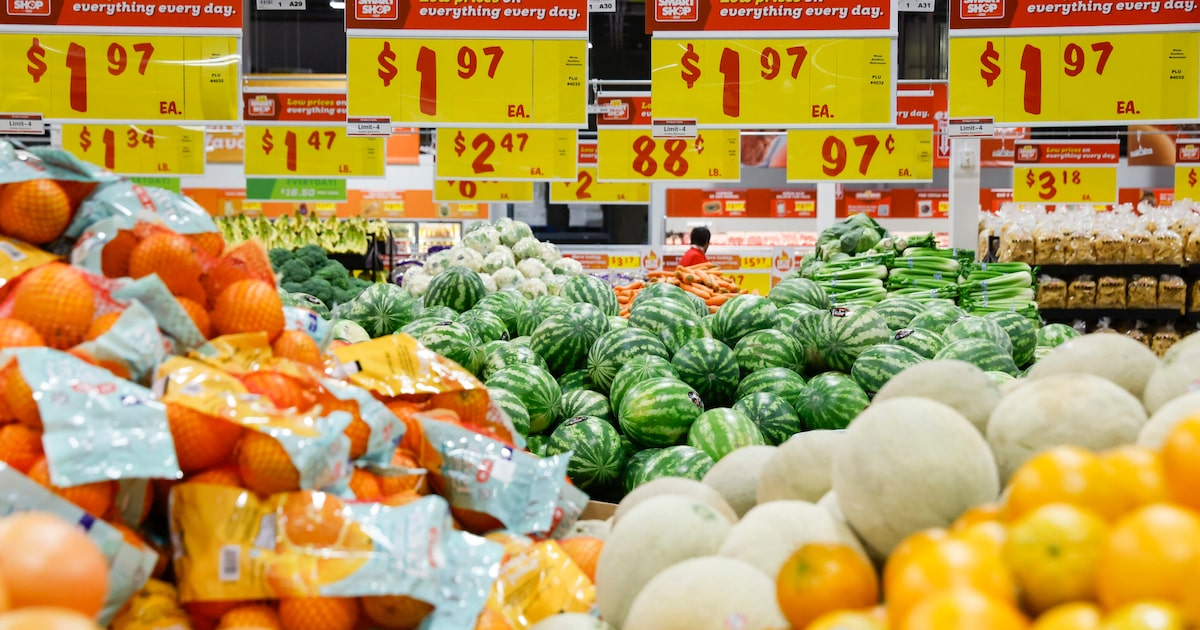Millions of Texans could lose food benefits at the end of this month if the government shutdown continues.
In a letter to states this month, the U.S. Agriculture Department warned the federal government will have insufficient funds to pay for the Supplemental Food Assistance and Nutrition Program, known as SNAP, if the shutdown continues past Oct. 27.
Texas and several other states have since issued their own warnings that benefits could end in November. In Texas, that means some 3.5 million low-income people could lose benefits. Of those affected, 1.7 million are children.
SNAP provides a critical safety net for some 42 million Americans — roughly one in eight people, many of whom are children and older adults. On average, recipients receive $187 a month, or about $6 a day.
Breaking News
In Texas, recipients receive an average of $379 a month via a Lone Star Card to use at grocery stores.
The government shutdown began Oct. 1 as President Donald Trump and GOP congressional leaders remain gridlocked with Democratic lawmakers over spending for health care. This is the first shutdown since December 2018, when the government shut down under Trump for 35 days, the longest in U.S. history.
Related

“We’re going to run out of money in two weeks,” Brooke Rollins, the agriculture secretary, told reporters last week in Washington, D.C. “So you’re talking about millions and millions of vulnerable families, of hungry families that are not going to have access to these programs because of this shutdown.”
The potential cutoff comes as food prices are already squeezing American families. The cost of groceries increased 2.7% this August from one year ago, the largest gain outside the pandemic since 2015. Coffee prices have soared nearly 21% in the past year, partly because of tariffs set by Trump.
A loss or delay in SNAP benefits poses a serious risk to Texas, which has the highest rate of food insecurity in the U.S., according to the nonprofit Feeding America. More than 5 million people, roughly 17.6% of the population, are considered food insecure.
Food insecurity is a result of economic inequality, where households do not earn enough money to regularly afford basic food needs, leading to skipped meals and hunger, according to Feeding America.
Other assistance programs — including the Special Supplemental Nutrition Program for Women, Infants and Children, or WIC, Medicaid and the Children’s Health Insurance Program, or CHIP — are not at risk at this time.
SNAP participants can call 211 for the latest information on benefits and to find information on food banks, pantries and other community resources.

